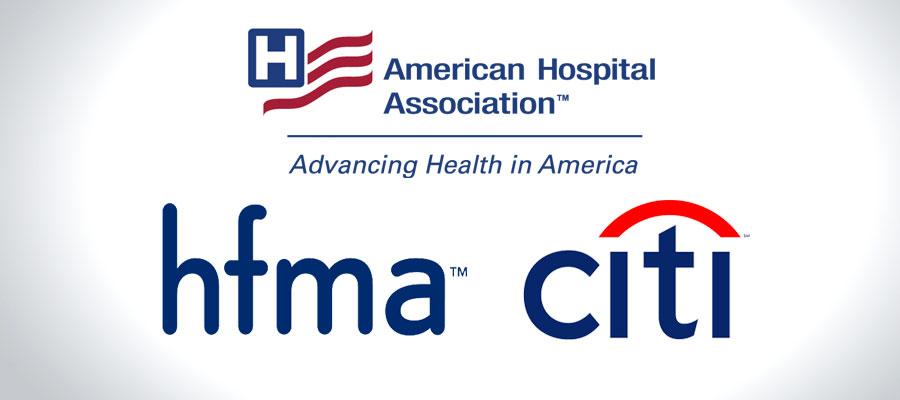Preview of 20th anniversary of the Not-for-Profit Health Care Investor Conference

“The more things change the more they stay the same.” French novelist Jean-Baptiste Alphonse Karr hit the nail right on the head.
Every week a breaking news alert interrupts us summarizing a bold new strategic pursuit—a new partnership, a new service line or a new venture—by a long-standing member of the health care field or a disruptive new entrant. In many cases, these alerts catch our attention because they are unique and provocative, causing our minds to race. Is this the beginning of a new trend? Will it have a material impact?
How much time and money are required before determining whether it is impactful?
The number of data points are overwhelming, political headlines typically lack substance, local market variables are critically important and new bold strategies lack precedent. Therefore, these pursuits and political headlines are hard to evaluate even if you are a health care field veteran. Imagine how investors feel.
Capital access is the oxygen feeding an organization’s strategic pursuit. Maintaining access to a wide array of capital sources mitigates execution risk. Good news, the investor base is large and growing. Examples now include publicly traded and private equity-owned companies, venture capital funds, other not-for-profit organizations, tax-exempt and taxable bond investors (domestic and abroad), commercial banks, real estate investment trusts and, potentially someday, equity investors. However, each of these investors (some who are new to health care) must determine the risk, reward and suitability of their initial and continued investment.
Establishing healthy relationships with investors is important. Fluid, transparent communication and listening is the foundation for best-in-class relationships. Here is more good news: There are many opportunities to engage with investors and technology has made communicating easier, faster and cheaper. The annual Not-for-Profit Health Care Investor Conference has been one of the preeminent opportunities for not-for-profit hospitals for the past 20 years.
The conference was founded by Citi, AHA and the Healthcare Financial Management Association to help streamline communication between not-for-profit health systems and investors. And that principle remains core to the purpose of the conference today.
Streamlined communication comforts investors (especially those new to health care) by providing them with concise and useful information that they need to evaluate their investment. Put yourselves in the shoes of a mutual fund credit analyst who covers 50+ unique investments, or a private equity associate making her first investment in a not-for-profit health care organization. Making their job easier by consistently providing streamlined information and access to management will encourage investors to make an investment and maintain it overtime.
Communication also improves an analyst’s overall credit view by enabling them to better understand and get to know one of a health system’s most important assets, the management team. Analysts want to understand and evaluate who is implementing the strategic and operational goals of the organization, and who is responding to the constant changes, challenges and opportunities a system faces. An analyst’s view of a management team carries a lot of weight.
So while the strategies health systems are executing may be changing, one thing has definitely stayed the same—the importance of healthy relationships built on streamlined communication. We look forward to helping to facilitate these conversations this week at the 20th annual Not-for-Profit Health Care Investor Conference.
Brian S. Carlstead is director, co-head of Health Care, Public Finance Department, Citi.

